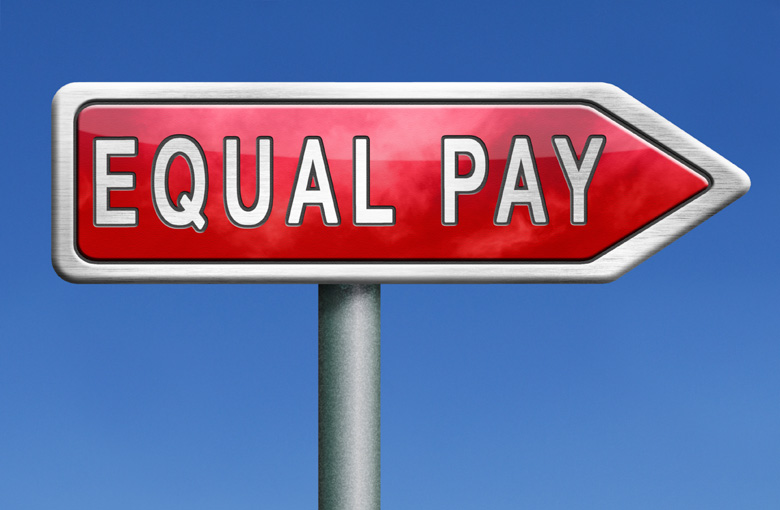
Equal Pay Day: Sidnee Peck
Last Tuesday was Equal Pay Day. Is this still an issue? What can I do as a woman to be sure I get paid equally?
By Sidnee Peck | Director, Center for Entrepreneurship
Last Tuesday was Equal Pay Day. Is this still an issue? What can I do as a woman to be sure I get paid equally? As a woman, I am certainly aware of and concerned with issues related to women being paid less than their male counterparts: 78 cents on the dollar, in fact.
With most things, it can be easy to blame others than to take responsibility ourselves. I have invited guest contributor, Dale Kalika, a faculty member here at the W. P. Carey School of Business who specializes in gender and millennial issues, to give some insight on this topic. Specifically, I asked Dale how women can avoid feeling targeted or helpless and can empower themselves to earn what they deserve. Dale had three tips on which I have elaborated:
Learn how to negotiate well.
Negotiations are often how pay increases happen, and if you take the first offer (from anyone, on anything), you’re probably leaving some value on the table. As I learned from another WPC professor, Kevin Corley, successful negotiation creates value that did not exist in the first offer. Learning how to lead an integrative negotiation — where everyone walks away happy — is a skill all professionals should have. This is a great approach for women to feel comfortable in a negotiation rather than burdened with feelings of being greedy, as may be the case.
Learn how to promote your results in the workplace.
As a generalization, women are great at promoting others; unfortunately we often stink at promoting ourselves. While women may feel greedy in a negotiation, we also often feel boastful if we talk about what we’ve accomplished. The fact is, good leaders want to know what their employees are up to: this includes incredible accomplishments as well as challenges.
There are two things that work well for this. One, schedule regular meetings with your superiors to share progress on projects. It is important for them to know how it is going, where your challenges lie and what you’ve absolutely rocked. Two, engage with partners who also communicate your achievements to the people who need to hear, potentially customers, suppliers or peers.
Learn how to address gender stereotypes.
Men subconsciously have biases about women. And guess what? Women do, too. Knowing that biases exist (we all have them for all sorts of reasons), can help you be more aware of what is happening in your career, and perhaps enable you to have smarter conversations with the right people or draw more explicit attention to your work when needed. As a community we can address these issues by mentoring other women, being role models and feeling educated in the conversation.
Dale has been working to make this issue more visible and open the conversation in our community.
First published in The Arizona Republic, April 21, 2015.
Latest news
- W. P. Carey Undergraduate Co-op Program gives companies like Honeywell access to eager new talent
The W. P.
- Consumer confidence decreases as many grow concerned about financial prospects
A W. P.
- A connection that began at W. P. Carey comes full circle
W. P. Carey Cupids Maura Scott and Martin Mende return as faculty.